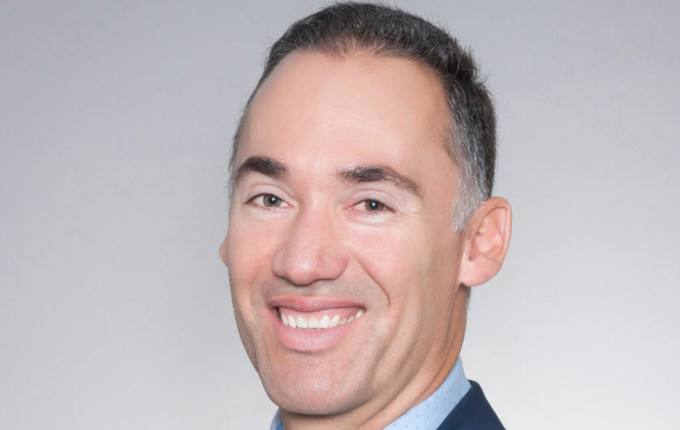It is not often that an Australian superannuation fund tries to take a publicly listed company private, but that is exactly what Aware Super tried to do in the midst of the coronavirus pandemic, Florence Chong writes.
Register to Access this Exclusive [i3] Insights Article
Create a free account to access exclusive interviews with asset owners, revealing insights on investment strategies, market trends, and portfolio allocations.
If you already have an account you can Login .
If you have any issues registering an account please send us an email at [email protected].


